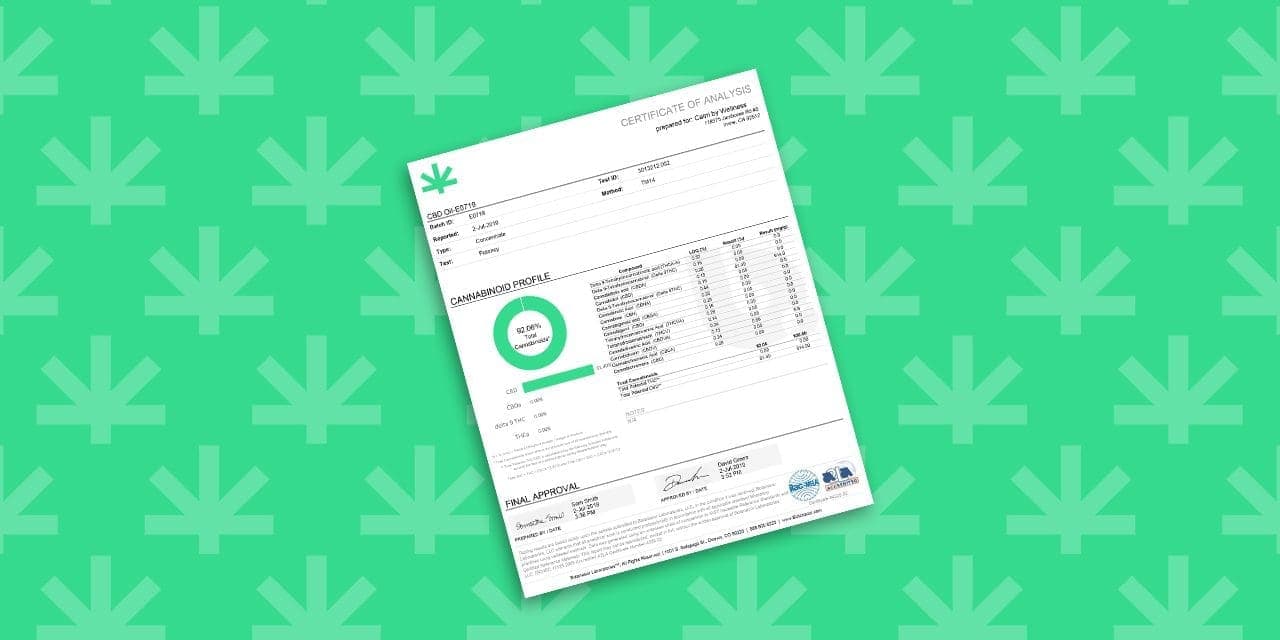Can Marijuana Help You Study?

Article written by

Tina MagrabiSenior Content Writer
Content reviewed by

Dr. Gavin MorelandMedical Director
Evidence suggests that cannabis could help boost brain health to some extent, but the plant may also serve as a study aid for some students.
Discover the benefits and drawbacks of using cannabis for studying and which strains could help you focus better.
Get your medical marijuana card
Benefits of Using Cannabis for Studying
You may or may not experience these potential benefits when using cannabis for studying.
Higher Energy Levels
Bursts of energy after smoking or eating cannabis are not unusual. You may even feel energized enough to run a marathon. Sativa-dominant strains like Green Crack (aka Green Crush, Mango Crack) and Super Silver Haze (SSH) are reputed to be the most energizing, while indica-leaning strains like White Tahoe Cookies and Wedding Cake are said to be more sedating.
However, it is not necessarily the sativa or indica label that determines a particular variety’s effects, but the cannabinoid and terpene content measured in a strain’s content at the time. A variety lower in myrcene and higher in limonene may be more stimulating, whereas a variety high in myrcene combined with relaxing terpenes like linalool and humulene may be more sedative.
Increased Focus
Cannabis strains high in cannabidiol (CBD) may help you focus more, but this will not be the case for everyone. Some people feel fatigued when using CBD products, especially in higher doses; indeed, CBD is often used as a natural sleep aid.
More Creativity
Fresh Toast, a marijuana news and lifestyle site, claims that the use of marijuana while studying has generated a large amount of word-of-mouth enthusiasm. A September 2020 article taking dosage and strain into consideration titled “Can Marijuana Help You Study?” suggests that cannabis might assist in focus, triggering ideas and deepening conversations.
Drawbacks and Risks
Depending on the cannabis strain you use and your reaction to it, you may experience drawbacks rather than benefits.
Fatigue
For some people, being high is the ultimate way to relax. If you tend to feel sleepy when using cannabis, then the plant might not be compatible with a study session. Indica strains are traditionally considered calming, but some people may even fall asleep after using a relaxing strain like Cannatonic or Hindu Kush.
Short-Term Memory Loss
Harvard Health Publishing of Harvard Medical School published some cautionary facts about cannabis and learning in a service piece titled “The Effects of Marijuana on Your Memory.” In the studied opinion of Harvard Medical School, it is beyond question that “marijuana can produce short-term problems with thinking, working memory, executive function, and physical actions that require conscious thought.”
The Harvard Medical researchers blame cannabis’s disruption of thought processes and memory, which can raise impediments to success in study hall while on THC. As the main psychoactive chemical released by the cannabis plant, THC supposedly diminishes short-term memory by attaching to cannabinoid receptors in sections of the brain–including the hippocampus, amygdala and cerebral cortex–that are vital to retaining immediate thoughts and impressions.
However, the negative effects of THC on short-term memory can be reduced by using varieties with more moderate THC content and higher amounts of CBD. Terpenes like pinene may also help.
Agitation and Fidgeting
High-THC strains can cause anxiety and even paranoia in some people, making it difficult to sit still and complete a task. Furthermore, some people report a racing heart, especially after consuming THC-rich edibles, which can also lead to agitation and fidgeting.
How to Pick the Right Cannabis for Studying
To improve educational outcomes while taking therapeutic cannabis products, the basic rule is to minimize THC consumption and maximize CBD intake.
Nonprofit media network The Conversation links to a 2019 study in The Lancet Child and Adolescent Health that found THC-dominant cannabis products cause a detrimental effect on short-term memory.
In contrast, a study called “Impact of Cannabidiol on the Acute Memory” conducted by the Clinical Psychopharmacology Unit at University College London and published by the National Library of Medicine tested 134 cannabis users seven days apart for short-term memory performance: once while under the acute influence of marijuana and once while free of intoxication.
Samples of cannabis and saliva were collected from each participant and analyzed for CBD levels. In 2010, the researchers wrote that “participants smoking cannabis high in cannabidiol (CBD) showed no memory impairment,” even though THC levels were also elevated.
A more recent study, reported by the Journal of Psychopharmacology in August 2020, discovered that ingesting 600 mg of CBD edibles boosted cerebral blood flow (CBF) to the hippocampus and other brain regions key to processing short-term memory. Memory function was tested and confirmed by having participants count forward or backward by random amounts and perform prose recall exercises.
When a medical marijuana patient does decide to pursue scholastic or self-taught activities while undergoing medical cannabis therapies, follow the sage and timeless advice of consulting a physician to determine the most effective medical cannabis products for your unique endocannabinoid system.
The Bottom Line
Cannabis may help some people study more efficiently, while others may achieve more without the psychoactive plant. THC levels factor heavily into whether cannabis will help or hinder studying, with higher THC amounts likely leading to the latter.
Explore all the potential brain benefits of cannabis with a medical marijuana card. The qualified physicians at Leafwell are available to meet with you online to help you apply for a medical marijuana card in your state.
